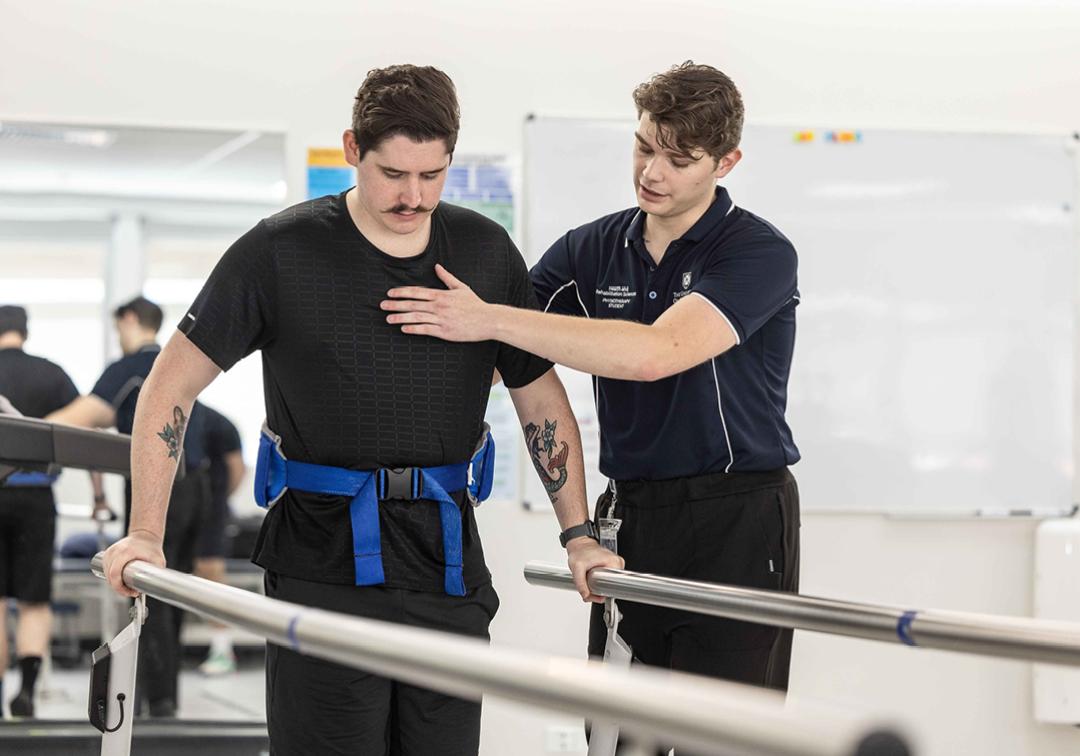
Deepen your understanding of the human body to lead positive change in human health.
Examine how cell, tissue and organ systems function within the human body.
Learn the vital roles played by our brain, nerves and hormones in controlling cardiovascular, respiratory, reproductive and metabolic processes important to our survival.
Apply scientific methods to investigate how the failure of these systems can result in disease or disorders.
Study physiological functions at a molecular and cellular level to examine how the body’s core processes are altered in diseased states.
Develop a holistic understanding of the complex links between the body, mind and disease by combining your Human Physiology minor with related courses in human anatomy, neuroscience, pharmacology, or food science and nutrition.
In-depth knowledge of human physiology is essential if you are considering further study in the field of medicine, biomedical science or allied health. It can also lead to a range of career opportunities across the health, science or pharmaceutical sectors.
Career possibilities
Our programs prepare you for your first job and beyond. Here are some of the careers you could be on your way to:
- Medical writer
- Biomedical researcher
- Biomedical scientist
- Biochemist
- Nutritionist
- Food technologist
- Medical researcher
- Policy adviser
Events
See all events
9 June
Master of Physiotherapy information webinar

29 June
Queensland Biology Winter School, Year 12
Stories
See all stories
UQ people
Turning her curiosity into a healthcare career
4-minute read

Careers
Transform your career with 4 business psychology courses
3-minute read

Uni life
What’s it like to study business psychology as a postgraduate?
5-minute read
Stories
See all stories
UQ people
Turning her curiosity into a healthcare career
4-minute read

Careers
Transform your career with 4 business psychology courses
3-minute read

Uni life
What’s it like to study business psychology as a postgraduate?
5-minute read
How you'll learn
Your learning experiences are designed to best suit the learning outcomes of the courses you choose.
- Lectures
- Tutorials
What you'll study
At UQ, subjects are called 'courses'. Here's a sample of the courses you could study:
- Cells to Organisms
- Integrative Cell & Tissue Biology
- Systems Physiology
- Integrative Physiology & Pathophysiology
- Integrated Endocrinology
Keep up to date
Sign up to get information about applying and studying at UQ.

